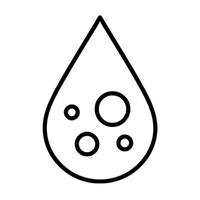
Blood disorders affect how your blood functions. These problems can involve red blood cells, white blood cells, or platelets. Common blood disorders include anaemia, thalassaemia, and leukaemia.
Anaemia means the body does not have enough red blood cells or haemoglobin. It can cause fatigue, pale skin, and shortness of breath.
Thalassaemia is a genetic blood disorder where the body produces less haemoglobin than normal. It reduces oxygen delivery in the body and often requires lifelong treatment.
Leukaemia is a type of blood cancer that starts in the bone marrow and spreads through the blood. It affects white blood cells and can weaken the immune system.
These conditions can cause weakness, infections, or severe health problems. But many people recover or manage them well with the right treatment.
Each of these disorders requires a different approach to diagnosis and care, which we’ll explain further in the sections below.
People need blood disorder treatment when doctors find problems with how their blood works. Treatment helps improve energy, reduce infections, and prevent serious complications.
Without care, conditions like anaemia, thalassaemia, or leukaemia can worsen and affect the heart, liver, or immune system. In some cases, early treatment can save a life or reduce the need for repeated hospital visits.
Anaemia is caused by a lack of iron, vitamin B12, or folic acid. These nutrients help your body make red blood cells. When they are missing, the body cannot produce enough healthy blood.
Other causes of anaemia include:
Anaemia can develop slowly. Many people do not realise they have it until symptoms appear.
Thalassaemia is inherited. It passes from parents to children through genes. A person with thalassaemia has a problem in the gene that controls haemoglobin production.
Thalassaemia is not caused by diet or lifestyle. It is a genetic condition from birth.
What to do for a thalassaemia patient:
Care for thalassaemia patients should be guided by a qualified haematologist. Treatment plans, including transfusions and bone marrow transplant, must be personalised based on the patient’s condition and medical history.
Leukaemia starts in the bone marrow. Doctors don’t always know what causes it, but some common risk factors include:
Leukaemia causes the body to make too many abnormal white blood cells, which block the healthy cells.
Blood disorders may start with mild symptoms or go unnoticed for months. But over time, they affect how you feel, how your body works, and how your blood carries oxygen or fights infection. Many people ignore the signs, thinking it’s normal tiredness or weakness. But identifying these symptoms early can lead to better results.
These signs may appear slowly. If you feel unwell for more than a week, a simple blood test can confirm anaemia.
In thalassaemia major, symptoms often begin by 6 months of age. Early diagnosis helps avoid serious complications.
Leukaemia symptoms may look like the flu or common infections. If these continue for over 2 weeks, consult a doctor for tests.
Doctors may recommend treatment for blood disorders when:
Consulting a specialist is essential to decide the most effective approach based on the diagnosis.
Anaemia treatment should be guided by a qualified healthcare professional. The choice of therapy depends on the type and cause of anaemia, and self-medication or diet changes alone may not be sufficient.
Early diagnosis and quick action improve recovery and survival. Bangla Health Connect helps Bangladeshi patients reach the right specialists at leading hospitals without delay.
.png)
Through Bangla Health Connect, Bangladeshi patients can access leading hospitals across India, Thailand, and other countries that are internationally recognised for advanced care in blood disorders. Many families travel abroad for treatment because of the expert haematologists, cutting-edge diagnostics, and comprehensive management plans offered by these hospitals.
Here’s why Bangladeshi patients choose blood disorder treatment with Bangla Health Connect:
Bangla Health Connect provides Bangladeshi patients with a trusted pathway to accurate diagnosis, advanced therapies, and expert care for blood disorders.
Bangla Health Connect connects patients with leading hospitals worldwide. These centres are recognised for their excellence in diagnosing and managing blood disorders, offering advanced laboratory testing, expert haematology care, and specialised treatment programmes tailored for international patients.

.jpg)


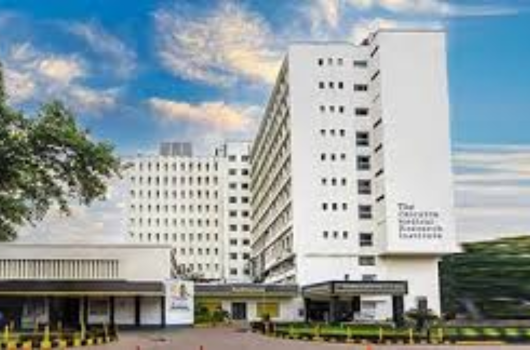
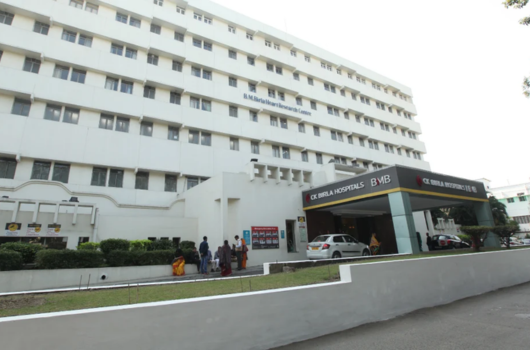

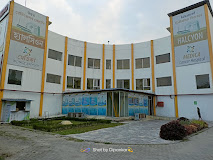
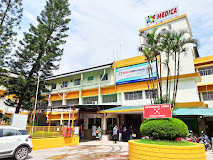





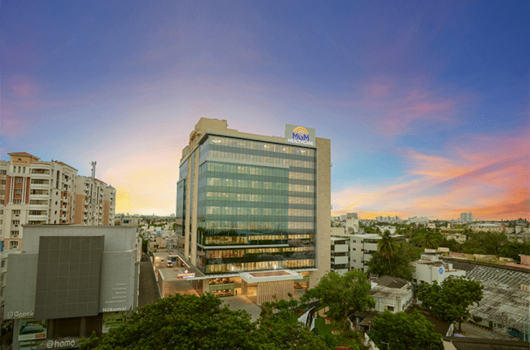


.png)

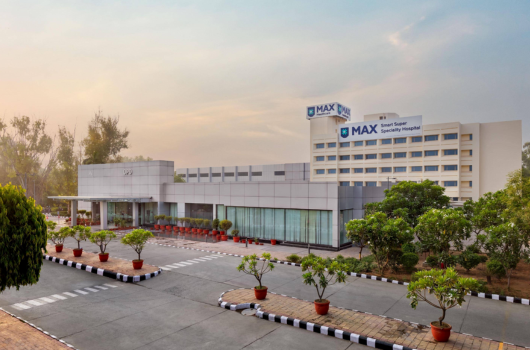

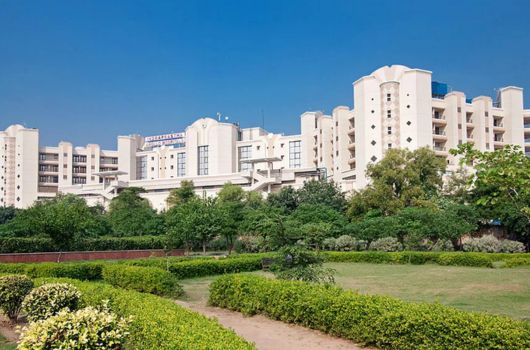


.jpg)


These hospitals follow international treatment guidelines and provide full support for Bangladeshi patients through Bangla Health Connect.
The average cost of blood disorder treatment in India is approximately $10,700 to $20,000, while in Thailand it is from $17,000 to $27,000. The final cost may vary based on multiple factors such as the treatment method, hospital location, and type of blood disorder. Before viewing the detailed table of treatment-wise costs, it's helpful to understand what influences these expenses most.
Note: India is well known for offering cost-effective advanced treatment. Hospitals combine affordability with strong clinical outcomes, supported by skilled experts and the widespread availability of generic medicines.
Note: Thailand’s hospitals are often promoted as premium destinations for international patients. Their higher costs reflect the use of advanced imported medicines, luxury infrastructure, and all-inclusive patient care packages.
The costs listed are approximate and may vary based on hospital, location, and patient needs. Consult the healthcare provider for accurate and updated information.
The currency conversion rates in the table above are based on data from November 2025.
For more help on cost estimates and personalised guidance, contact Bangla Health Connect.
Success depends on the type of disorder, how early it is diagnosed, and the quality of treatment.
Trusted hospitals focus on accurate diagnosis, advanced therapies, and holistic patient care for individuals with blood disorders. Their approach includes:
This combination of advanced diagnostics, expert therapies, and patient-focused support helps manage blood disorders effectively, improve survival rates, and restore long-term health for patients.

Dr. Amita Mahajan, Senior Consultant in Paediatric Haematology and Oncology at Indraprastha Apollo Hospitals, New Delhi, states that:
“For those babies who do get born with this condition (thalassaemia), they will need regular transfusion from about the age of 4 to 6 months. It is important that their haemoglobin is maintained as normal because we want these babies to lead normal, healthy lives. For this, it is very important that their haemoglobin is maintained above 9.5 to 10 grams. Each time we give blood transfusion, we increase the iron in their body. So, from about the age of one to two years, these patients will need additional treatment to get rid of this excess iron.”
Bangla Health Connect helps Bangladeshi patients access reliable, affordable, and advanced treatments for blood disorders. We make every step of the medical journey, from diagnosis to recovery, simple, transparent, and worry-free.
Choosing Bangla Health Connect means better care, faster access, and full support during a difficult time. Reach out to Bangla Health Connect to start your treatment journey with peace of mind.
Note: Bangla Health Connect does not provide medical advice of any kind.
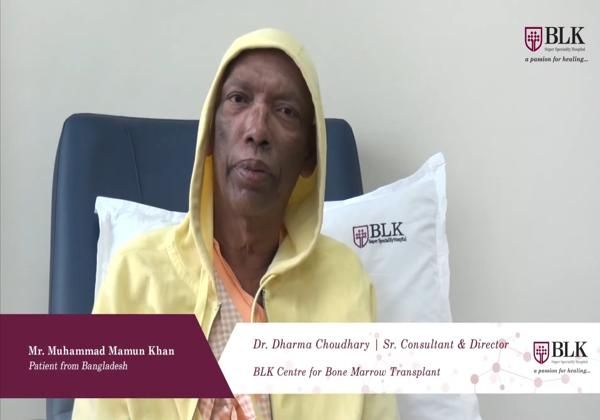
Mr Mamun Khan, a patient from Bangladesh, was diagnosed with leukaemia (a type of blood cancer) in Dubai. He was referred to BLK Hospital in New Delhi, India. At BLK, Dr Dharma Choudhary, the Director of the Bone Marrow Transplant Department, supervised his case. Mr Mamun Khan underwent a bone marrow transplant. Within a month of treatment, he showed significant improvement. The testimonial highlights Mr Mamun Khan’s international patient experience, the expertise of Dr Dharma Choudhary, and the positive outcome of the bone marrow transplant for leukaemia at BLK Super Speciality Hospital, New Delhi.
Arif, a 12-year-old boy from Dhaka, had been receiving regular blood transfusions for thalassaemia since childhood. His family travelled to Apollo Hospitals Chennai through Bangla Health Connect. Under the care of Dr. Revathi Raj, Arif underwent a successful bone marrow transplant using a matched sibling donor. He recovered fully and no longer requires transfusions.
Mrs. Samira, a 35-year-old mother from Chittagong, was diagnosed with acute myeloid leukaemia. After multiple chemotherapy cycles in Bangladesh, her family contacted Bangla Health Connect for support. She travelled to Apollo Hospitals Chennai, where Dr Sandeep’s team performed a successful bone marrow transplant. She entered complete remission and returned home after recovery.
✅ Share Your Reports - Bangla Health Connect connects you with trusted hospitals worldwide.
✅ Get treatment plans from leading Hospitals worldwide
✅ Choose the one that fits you
✅ Let us handle the rest
Anaemia can be cured with iron supplements, vitamin B12 or folic acid tablets, dietary changes, and in some cases, blood transfusions or injections. The right treatment depends on the type and cause of anaemia. Bangla Health Connect helps patients connect with international doctors to find the safest cure. Treatment should be personalised by a qualified doctor based on the type and cause of anaemia.
Yes. If both parents are carriers, a genetic test before pregnancy (like PGD or prenatal screening) can help prevent passing thalassaemia major to the child. Counselling is advised for carrier couples. Always consult a doctor for any advice related to this.
Doctors usually recommend soft, high-protein, and iron-rich foods, plus fruits and vegetables to maintain strength. Avoid raw or undercooked foods during chemotherapy due to low immunity. Diet recommendations may differ depending on the patient’s condition, treatment plan, and immunity. Always consult your doctor or dietitian.
Yes, certain types of leukaemia are curable, particularly when diagnosed early and treated with chemotherapy, targeted therapy, or bone marrow transplant. The outcome depends on the type and stage of the disease. The outcome of leukaemia treatment varies by type, stage, and patient health. Only a qualified oncologist can provide a personalised prognosis and treatment options
Recovery varies by patient. Most people stay in the hospital for 3-4 weeks and take 3 to 6 months to regain full immunity. Follow-up visits are important. Always consult your doctor for recovery timelines specific to your health condition and transplant type.
Bangla Health Connect offers cost estimates, matches patients with the right hospital, and ensures no hidden fees. We help plan everything from budget to doctor selection.
Yes. We study your medical reports and suggest the best hospital and top haematologists based on your exact condition.
Yes. We support patients with visa applications, flight booking, and even airport pickup, so your travel is stress-free.

